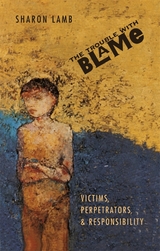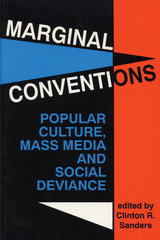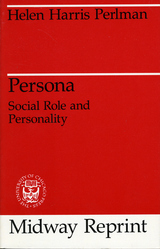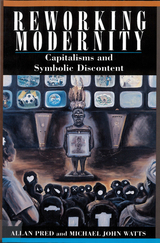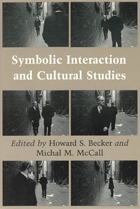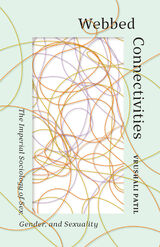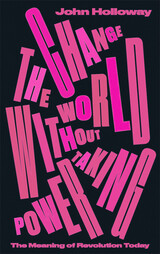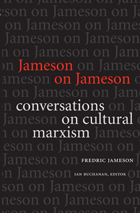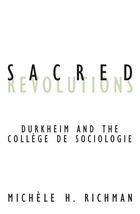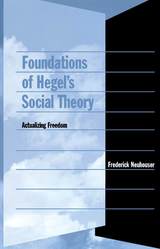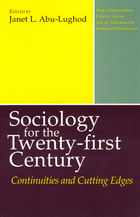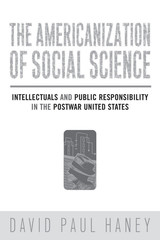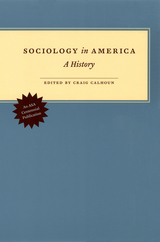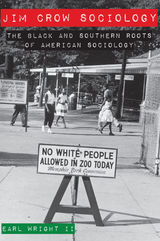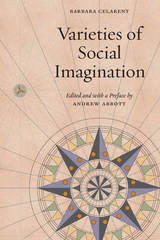Roads to Dystopia: Sociological Essays on the Postmodern Condition
University of Arkansas Press, 2001
Cloth: 978-1-55728-711-3 | eISBN: 978-1-61075-350-0
Library of Congress Classification HM449.L94 2001
Dewey Decimal Classification 301
Cloth: 978-1-55728-711-3 | eISBN: 978-1-61075-350-0
Library of Congress Classification HM449.L94 2001
Dewey Decimal Classification 301
ABOUT THIS BOOK | AUTHOR BIOGRAPHY | TOC | REQUEST ACCESSIBLE FILE
ABOUT THIS BOOK
If the postmodern condition is a dystopia characterized by alienation and despair, argues distinguished sociologist Stanford Lyman, postmodern epistemologies compound the problem by denigrating Enlightenment philosophies that still offer agency and hope to those who struggle to be free. In this, his sixth volume in the Studies in American Sociology series, Lyman examines this contradiction as it has shaped American discourses on race and community, asking why Gunnar Myrdal's "American Dilemma" is still unresolved; how Chinese workers have fared in the labor movement and in labor history; what searches for "the lost tribes of Israel" have meant socially and historically; how cinema has offered metaphors for social action but presented failed utopias on screen; and how we have not yet established a basic definition of "the good life." In each of these instances, Lyman seeks new routes in the quest for justice.
See other books on: Dystopia | Lyman, Stanford | Postmodernism | Roads | Social problems
See other titles from University of Arkansas Press




